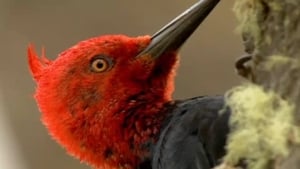
Covering 800,000 square kilometres of Argentina and Chile, Patagonia is the southernmost part of South America. It’s a place of extremes – of vast ice fields and snow-capped mountains; of windswept deserts and violent oceans. Survival here means being tough enough to cope with brutal winters, and canny enough to exploit brief seasons of plenty. This episode follows a year in Patagonia and sees animals survive in unlikely places.
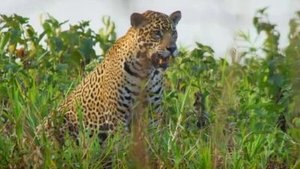
In the centre of South America, a vast, wild expanse; the world’s largest wetland. But this is no ordinary swamp. Every year it’s drowned by immense floods, then parched by severe drought. Yet while people struggle to cope, the Pantanal hosts some of the greatest gatherings of animals on the planet, rivalling Africa’s spectacular wildlife. As the dry season takes hold, caiman gather to breed and fish – forming the greatest concentration of reptiles on earth. Rare Giant River Otters have found refuge here and patrol the waterways in family packs. With so much food on offer, jaguars flourish - growing to be the largest in Latin America. Surviving groups of Bororo Indians join together in fishing parties, using age-old techniques to harvest the Pantanal’s riches. When the rains come the Pantanal sinks under 5m of water, and one of the world’s largest waterfalls, Foz do Iguacu, becomes a breath-taking spectacle.
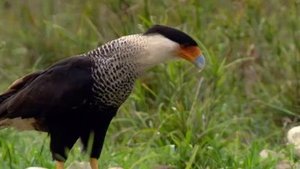
Venezuela is famous for its “Lost Worlds” – foreboding mountains, huge swamps, and impenetrable jungles - all seemingly cut off in space and time. Yet each is linked, by the waters of a mighty river, The Orinoco. Following the explorers’ journey up the Orinoco from mouth to source, discover a delta haunted by pumas and festooned with Scarlet Ibis; a river that’s home to South America’s largest predator, the Orinoco Crocodile; Los Llanos – the swampy realm of the world’s largest rodent and its numerous predators and a tropical jungle home to hallucinating shamans and tarantula-hunters.
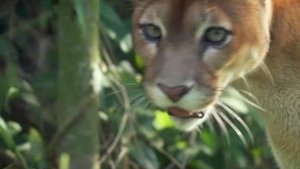
The longest chain of mountains in the world at 7200km, the Andes run the length of western South America and dictate the climate for the whole continent. From the northern coasts of Venezuela to the tip of Tierra del Fuego in Chile, they include some of the highest peaks outside the Himalayas. Live volcanoes punctuate the range, and form part of the Pacific Rim of Fire. This episode explores how life has managed to exist in this high altitude world of extremes.
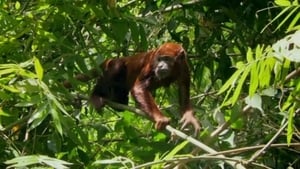
Spanning nine countries and covering eight million square kilometres, the Amazon is so big that if it were a country it would be the seventh largest in the world. This episode uncovers what makes the Amazon such a powerhouse of evolution and how it has come to home a third of all species on the planet.